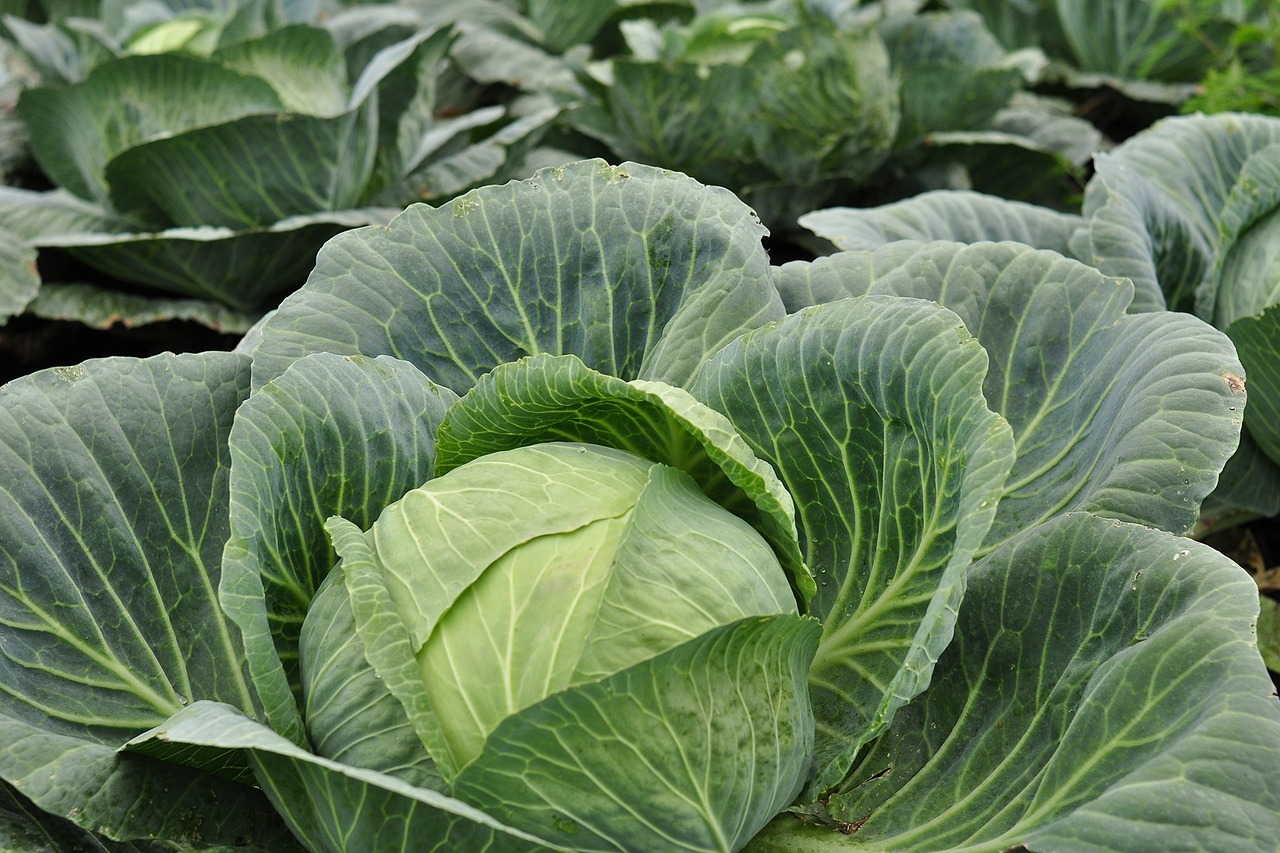Learning when to plant vegetables in Tennessee for success means classifying your crops into warm-season and cool-season planting. With proper planning and using a greenhouse, it’s even possible to have a year-round productive vegetable garden because you won’t get limited to external conditions. Just remember that the volunteer state has hardiness zones of 5b to 8a, which should be your first consideration before starting planting,
The good news is that the University of Tennessee has several publications that should guide gardeners in the state. This article will discuss below how you can have a productive vegetable garden. However, remember that modifications in some practices are necessary as not all areas in Tennessee would be similar for growing vegetables.

When To Plant Vegetables In Tennessee And Tips For Success
You can learn when’s the best time for planting vegetables in Tennessee by following the state’s two planting and growing seasons. And these two are from which vegetables are best for the warm-season and cool-season, respectively. Therefore, you can plant vegetables in Tennessee in spring for warm-season vegetables and fall for cool-season vegetables.
Classify vegetables into warm-season and cool-season crops
Every vegetable has its own temperature requirement, and you can use this to classify which crops are best for planting during warm months and cold months. Simply put, the warm-season vegetables would be at their best and most productive in late spring to summer in Tennessee. On the other hand, cool-season vegetables would withstand spring and fall or temperatures below 32°F in the state.
Warm-season planting
Warm-season vegetables are going to grow well and be productive throughout high temperatures. However, they would quickly get damaged by frost and freezing temperatures. To know when to plant warm-season vegetables safely in Tennessee, the University of Tennessee has provided safe planting dates after spring or fall.
These dates only have a 10% chance of having low temperatures that can damage warm-season vegetables. Please note that Chattanooga, Clarksville, Jackson, Knoxville, Memphis, and Nashville have their last spring frost in April, while Bristol, Crossville, and Mountain City will have them in May. For the first fall frost, most of these areas will have it in October, but Crossville and Memphis have them in September.
You can also check your hardiness zone to adjust your planting date, depending on the frost dates.
Cool-season planting
While you’re waiting for the temperatures to go up, you can plant cool-season vegetables in Tennessee during spring, fall, or even winter. This prevents them from experiencing the damaging heat later on, and you can reseed them in late summer to have another crop in fall. Depending on the produce you’re using, you can either sow or transplant early to mid-spring for harvest in late spring or early summer as well.
However, don’t be confused that some crops have transplants or seeds to start in summer to harvest in fall. For example, you can transplant broccoli in early to mid-spring in Tennessee, but it’s also possible to do summer planting for fall harvest. If you want to feel more confident, you can always use a greenhouse to maintain your vegetables’ ideal growing conditions.
Overall, remember that the dates provided by your hardiness zone and those recommended by publications of university extensions should serve as your guide in creating a planting schedule in Tennessee. But at the end of the day, one can’t predict the conditions perfectly, so a situation in one state can still vary.
Planting warm-season vegetables in spring
You can plant warm-season vegetables from the first week of April until the end of July in Tennessee. The conditions in these dates should provide the best air and soil temperatures to help the crops germinate and develop without drawbacks. These vegetables include beans, cucumbers, tomatoes, okra, eggplant, and sweet peppers.
Planting cool-season vegetables in spring
As mentioned earlier, you can also start your cool-season vegetables in spring. Early in February, until the end of March, can still be supportive of cold season crops. You have an extensive list of vegetables to choose from, including cruciferous vegetables, greens, onions, peas, potatoes, turnips, rhubarbs, and radishes.
Planting cool-season vegetables in fall
Gardeners plant cool-season vegetables between summer and fall to make harvesting in fall and winter possible. This period can be from July to September, where the temperatures help with the crops’ development. However, remember that these vegetables are not tolerant of drought, unlike warm-season crops.
In Tennessee, these vegetables suitable for fall planting include leafy greens, potatoes, broccoli, cauliflower, cucumbers, and radishes, to name a few.
Conclusion
The volunteer state provides excellent conditions for an extensive list of crops. And best of all, knowing when to plant vegetables in Tennessee is as simple as classifying your vegetables for cool-season and warm-season planting. The state has two plantings and growing season, so all-year productivity is possible.
You can also consider using a greenhouse to prevent potential damages on either type of crops if you feel like the weather and temperatures are too unpredictable. Nonetheless, the University of Tennessee has different publications that discuss dates, and you can also use your growing zone to know when it is safe to start planting. In general, you can begin warm-season vegetables in spring, and cool-season vegetables are suitable for fall or even spring.
